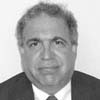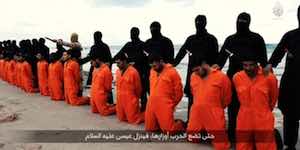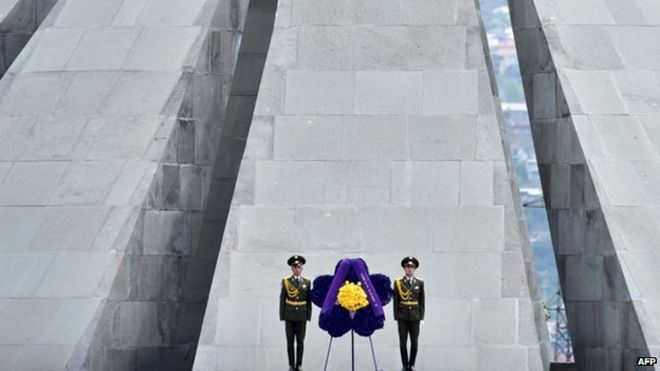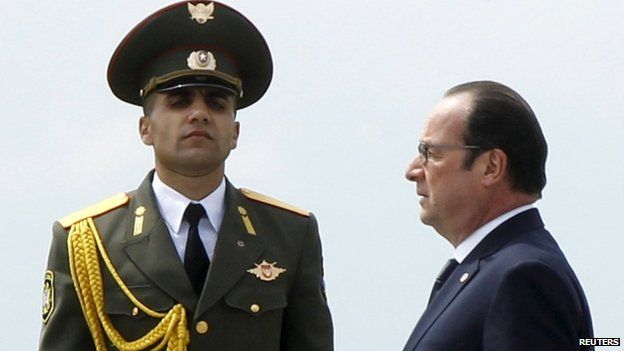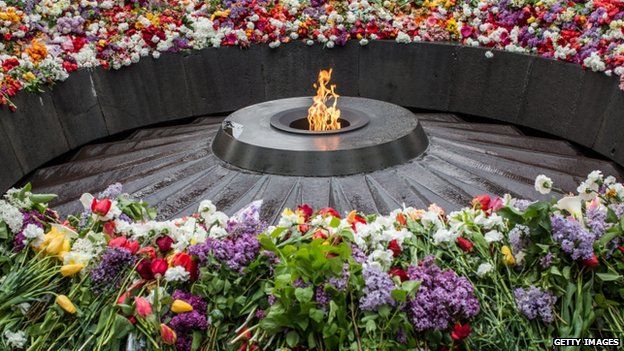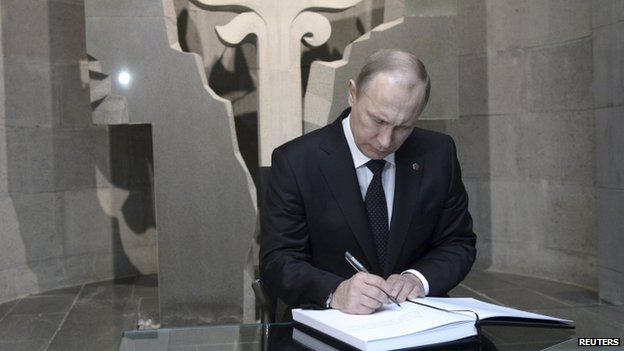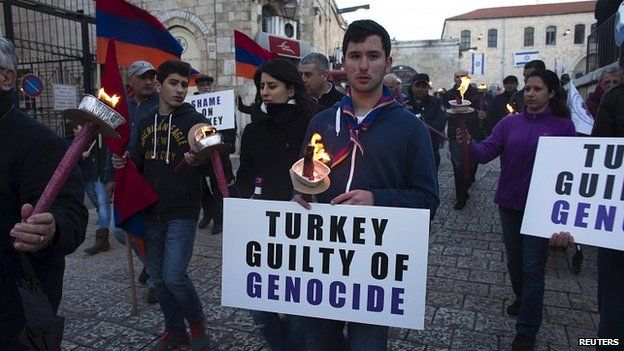
By Thomas Peterson, cp
This soldier was with his unit while in
Iraq, when he got the opportunity to be baptized in front of all of
them in the Euphrates river. Baptism is a powerful outward proclamation
of our faith and trust in Jesus Christ.
This brave soldier was not only able to baptized in front of his whole unit, he had the opportunity to do it in very special waters. He was washed in the waters of the Euphrates river, which is the only body of water mentioned in both the first and last book of the Bible. It is a powerful day in his life, and he wants to share it with the world.
This brave soldier was not only able to baptized in front of his whole unit, he had the opportunity to do it in very special waters. He was washed in the waters of the Euphrates river, which is the only body of water mentioned in both the first and last book of the Bible. It is a powerful day in his life, and he wants to share it with the world.

